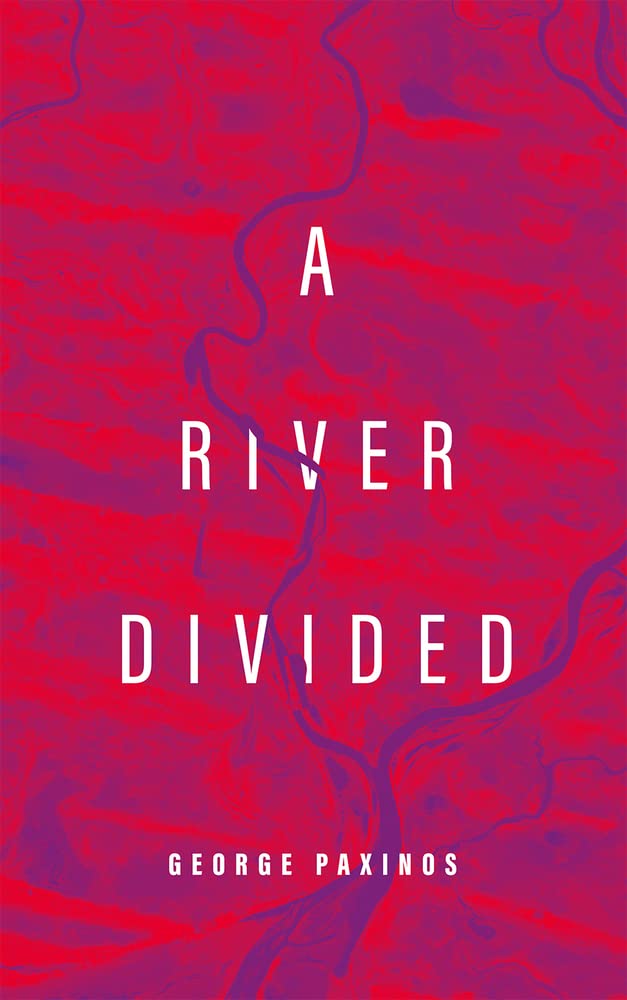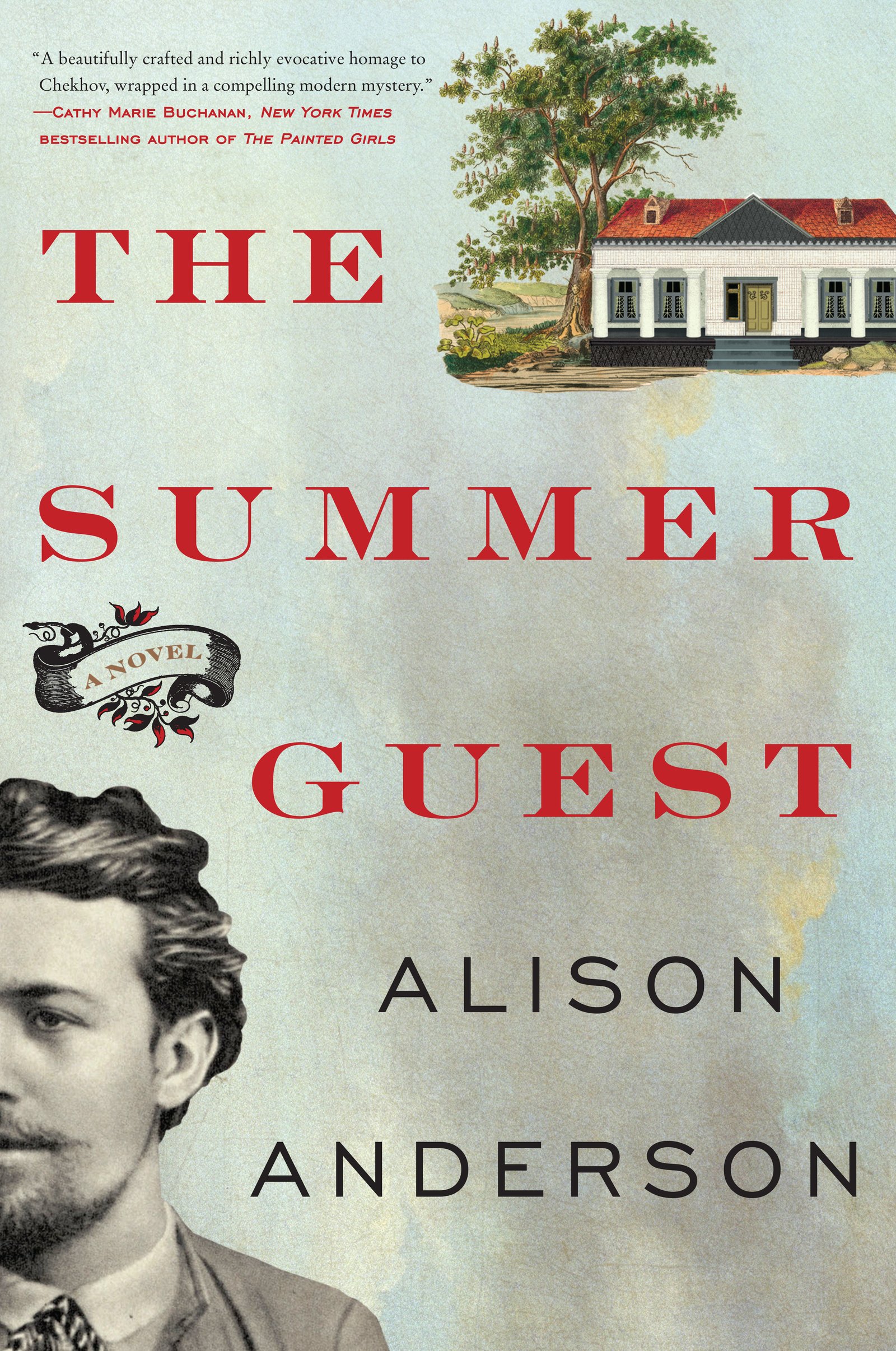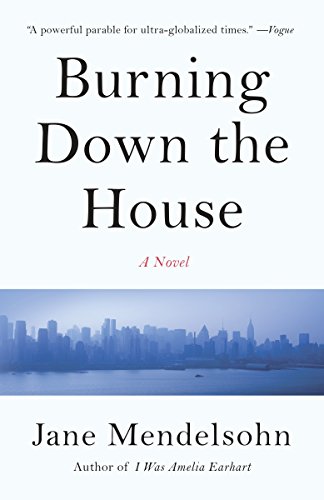A River Divided
The world is clearly divided on the issue of climate change. One group believes that climate change is real and that humans are accelerating it, while another group swears that it’s all a sham. What is the main aspect that determines why someone in a group believes their thoughts are completely correct? Is it intelligence? And how important is our environment in shaping our intelligence? If you like these questions, you’ll like George Paxinos’ characters even more.
Evelyn, as a geneticist, is fascinated by the prospect of uncovering something previously unknown to science. When she discovers some bones with signs of crucifixion during her journey to Israel, she believes one of the corpses belongs to Jesus and that her discovery may benefit humanity. She thinks of collecting viable DNA from the skeleton she believes is Jesus to clone him. Michael, her doctor friend, is a hopeless romantic who wants to shield her from her strange decision, especially because she intends to be a vessel for cloning. Combining such dangerous science with her personal life might jeopardize her health, reputation, and even their relationship.
José and Christopher are twins whose journeys take them to opposite sides of a worldwide crisis that deepens with every act of environmental degradation and every tree cut down for profit in the Amazon. One twin is an economist who has been employed to support this devastation, while the other is an environmentalist who has been inspired by a neuroscientist mentor. Evelyn and the twins each play a significant part in a conflict between people who want to protect the economy and others who want to save the planet. Is Earth’s future doomed, and will its caretakers be saved from its destroyers? George Paxinos’ A River Divided brings together different characters who fight for what they believe in in a world ravaged by greed and neglect. Fighting back against a threat is an expected choice, just as it is with a cornered wild animal. Looking away is no longer an option, as Earth’s rapid devastation threatens everything our protagonists cherish, including love, community, and passion.
The narrative, in my opinion, is a fantastic exploration of why people behave differently. As they are captivated by the interesting sequences of events, the reader is led to examine and answer numerous philosophical and psychological questions. I not only loved the novel but also felt enriched by it. Among the thoughts that came to me while reading the book, the major one that stood out for me was, “Why do people act differently?” I also pondered if nature or nurture has a greater impact on a person’s conduct. The twins share comparable biological characteristics but are raised differently. José and Christopher end up joining groups with radically opposing viewpoints as a result of their different surroundings. For Christopher, experiencing Sydney’s affluent districts allows him to appreciate the comforts of capitalism. José, on the other hand, witnesses firsthand the terrible impacts of monetary exploitation in Buenos Aires’ slums. Apart from the awful physical conditions of slum environments, the treatment of individuals like him by those in power is appalling, especially during their nonviolent rallies. Looking at all this, it stands to reason that these two will have opposing viewpoints on life unless they see things from each other’s point of view.
A new idea came to me from this realization. I started wondering whether the rate of insensitivity towards climate change could be reduced if people from affluent nations and environments get to live in places that are being destroyed by climate change and exploited for monetary reasons. What if Hollywood celebrities get to see the negative effects of oil pollution in the oil-rich Niger Delta region of southern Nigeria before buying their next private jets? Would things change then?
The sagacious individuals in the novel illustrate the wisdom that comes from careful inquiry and having an all-encompassing, expansive mind that seeks answers profoundly. It’s clear that the author draws on his experience in psychology and neuroscience as well as his own sharp intellect to create these introspective characters and the significant issues and answers they pose. The characters’ debates range from psychological topics to philosophical quandaries, arguments for and against climate change movements, capitalism, violence, activism, science, religion, and politics, among other topics. An excellent example of the book’s numerous nuggets of wisdom is a conversation in which a professor says, “Intelligence is the product of two factors—the genetic endowment inherited from parents and the environmental influences on that endowment.” This clarified my prior confusion regarding nature versus nurture and showed how they function in tandem. Several serious environmental arguments are also advanced, including the hopelessness of preserving the globe through technology and the deadlock with overpopulation.
George’s lyrical prose, which he employs to depict natural scenery and his peculiar characters, is a joy to read. As a nature enthusiast, I liked reading descriptions of animals like the rainbow lorikeets: “It was a carnival of color—blue heads, red beaks, green wings and tails.” Furthermore, the plot felt natural, as it seamlessly connects the characters’ thoughts to what they’re physically experiencing. For example, while Evelyn considers having a child and seeking Michael’s assistance, she notices a woman nursing her infant and remarks on how “natural and beautiful” it is. I also liked the book’s depiction of the complexities of a genetics operation. It was fascinating to watch the procedure of separating “the nucleus of a brain cell” and the other aspects involved. This section of the book will particularly appeal to genetics enthusiasts.
I loved the book’s unique perspectives, which are depicted through multiple viewpoints. While reading Christopher’s comment about someone’s hair being stuck to his forehead after removing his cap, the image flashed through my mind as if I had witnessed it in person. In addition, certain epic lines in the story heighten its dramatic atmosphere. I loved the statement “This boy has the loyalty of a snake but none of its charms.”
No aspect of the book that is overly detailed or sluggish. It progresses linearly and quickly through numerous phases and times, depicting the people in several distinct settings. I appreciated how I never knew what to anticipate and was always looking forward to the book’s next twist. Additionally, Paxinos deftly blends different themes to create an intriguingly complex and busy tale, including incarceration, rallies, education, archaeology, history, sexual assault, religion, romance, loss, cancer, unrequited love, and more. Though there are a few instances of violence, the reader is usually spared the gory details.
José is a person I’d want to meet in person. I was looking forward to observing his friendly connections with people, rational reasoning, and acts of generosity. I believe myself to be a decent guy, but I would not automatically regard my assailant to be a victim of his past, as José does in the novel. He also has a high level of intelligence for his young age as a high school student. I particularly liked the claim that Christians must care for the environment in order to care for future generations—a wonderful illustration of intergenerational justice. Evelyn is another intriguing character. Caught in the ruins of a disastrous relationship, she hesitates in love even when she’s with the right person. This is an example of meeting the right person at the wrong moment. I believed she needed to attempt to repair her damaged heart to find love again.
A recurring theme in A River Divided is dilemma. Right at the beginning, it illustrates a conflict of interests concerning Evelyn, who must choose whether to clone or not. She also struggles with letting go of her feelings for her ex and allowing a new partner to breach her boundaries. Michael must choose between protecting the woman he loves and allowing her to carry out her dangerous experiment. Also, both twins experience various contradictory scenarios involving love and the general good. With each conflict portrayed, I was drawn further into the story, eager to know how the characters resolved their differences. I also found their conflicts relatable. Even though Evelyn’s situation differs slightly from mine, I recollect wanting to be friends with someone who expected more from our friendship. I could understand her feelings of guilt toward Michael.
Fans of thought-provoking fiction will enjoy A River Divided, as will environmentalists and campaigners who are passionate about tackling climate change. With scenes from different countries and characters that rally to confront a highly troubling global issue, it has an epic atmosphere that rivals the most amazing Marvel films. Though I consider myself very environmentally conscious, the book has helped me understand why spreading the word is extremely critical. It helped me comprehend how resistant to constructive change a large portion of the world is, particularly through its realistic representation of individuals rallying to preserve the economy and the status quo. I really liked the book since it serves as a sort of awareness for being diligent about protecting our world. Because this debut novel is an absolute treat for a variety of reasons, I eagerly await more outstanding works from George Paxinos. What a fantastic read!
| Author | George Paxinos |
|---|---|
| Star Count | 5/5 |
| Format | Trade |
| Page Count | 367 pages |
| Publisher | Amadeus Press |
| Publish Date | 31-Oct-2023 |
| ISBN | 9798218269913 |
| Bookshop.org | Buy this Book |
| Issue | October 2023 |
| Category | Modern Literature |
| Share |






